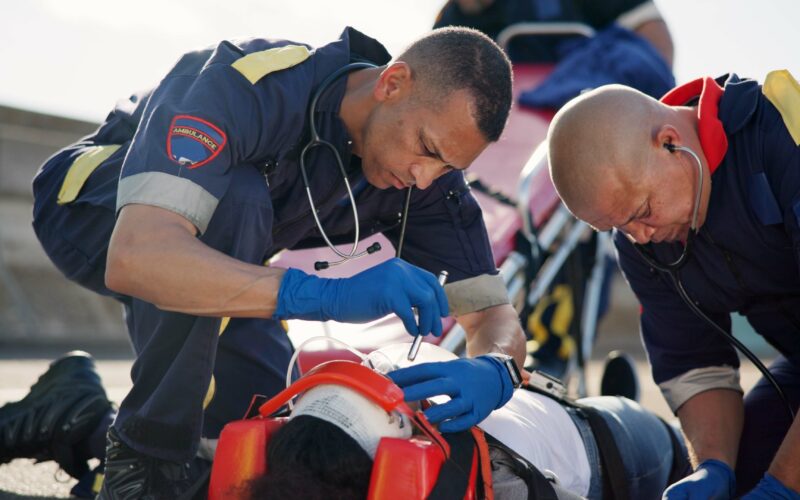The typical claim process for recovering from a traumatic brain injury in Wisconsin may involve the following steps:
- Medical Treatment and Documentation: Seek immediate medical attention and follow the prescribed treatment plan for your brain injury. It’s important to document all medical records, including diagnoses, treatment plans, medications, and any ongoing rehabilitation or therapy.
- Consultation with an Attorney: Consider consulting with a personal injury attorney who specializes in traumatic brain injury cases. They can assess the merits of your case, guide you through the legal process, and protect your rights and interests.
- Investigation and Gathering Evidence: Your attorney will conduct a thorough investigation of the accident and your injury. This may involve obtaining accident reports, medical records, witness statements, expert opinions, and any other relevant evidence to establish liability and the extent of your damages.
- Insurance Claims and Negotiations: Your attorney will assist you in filing insurance claims with the relevant parties involved, such as the at-fault driver’s insurance company. They will handle communications, negotiations, and work to secure a fair settlement that covers your medical expenses, lost wages, pain and suffering, and other damages.
- Filing a Lawsuit: If a fair settlement cannot be reached through negotiations, your attorney may recommend filing a lawsuit. They will handle the legal proceedings, including drafting and filing the necessary legal documents, representing you in court, and presenting your case to a judge or jury.
- Discovery and Pretrial Proceedings: Both parties will engage in the discovery process, where evidence is exchanged and further investigations may take place. Depositions may be conducted, and experts may provide testimony. Pretrial conferences may also occur to discuss settlement possibilities or address any procedural matters.
- Trial and Verdict: If your case proceeds to trial, your attorney will present your case in court, including presenting evidence, examining witnesses, and making arguments. The judge or jury will then determine the outcome and any awarded damages.
- Appeals (if applicable): If either party is dissatisfied with the trial verdict, they may have the option to appeal the decision to a higher court.
Please note that this is a general overview, and the specific steps and timelines can vary depending on the circumstances of your case. Consulting with an experienced personal injury attorney in Wisconsin will provide you with the most accurate information and guidance tailored to your situation.
